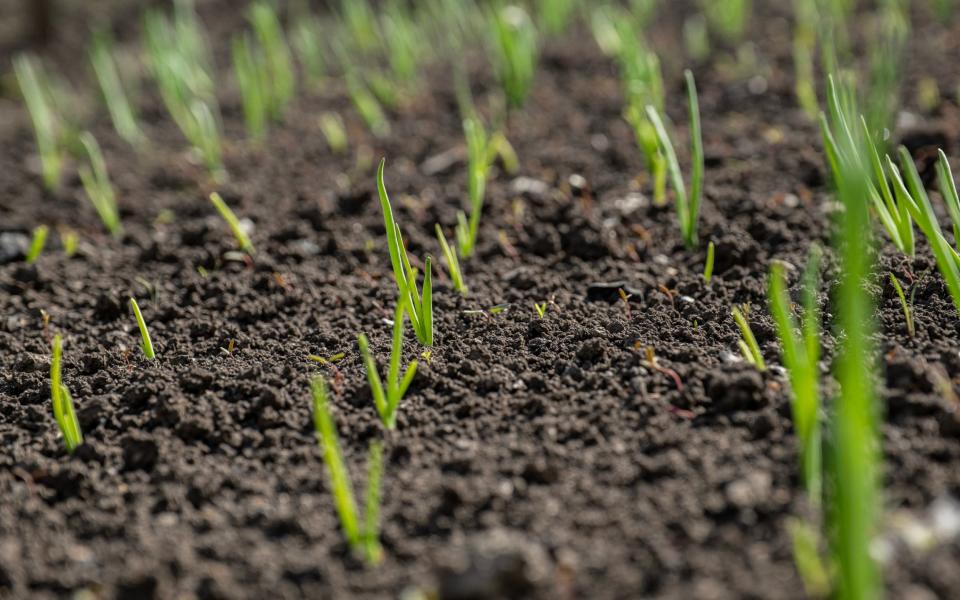British plant biologists are to paintings with their Eu opposite numbers to resolve whether or not historical microbes extracted from deep under the Arctic floor will also be impaired to backup present-day plant species adapt to atmosphere alternate.
A group at Heriot-Watt College in Edinburgh has been awarded £500,000 by way of Horizon Europe, a Eu Union medical analysis initiative, to paintings at the four-year mission, Withstand. They’ll read about park samples which can be loads of 1000’s of years used.
Dr Ross Alexander, a plant molecular biologist at Heriot-Watt, mentioned: “The Tolerate team is using samples from the palaeolithic period, around 100-200,000 years ago, because the planet was warming then, much like now.
“The project aims to find out whether the plants, soil and bacteria of the past can help our current crops survive in a rapidly changing planet.
“Drought is a particular concern for crops around the world. According to the latest report of the European Drought Observatory, 47 per cent of the EU is in warning conditions and 17 per cent is in alert conditions. Cereal yields are decreasing by as much as 10 per cent in some areas.”

Withstand scientists at Alfred Wegener Institute in Germany have already dissected the DNA of one of the vital prehistoric micro organism from the samples.
The Heriot-Watt group will run checks to resolve whether or not this historical DNA can backup present-day micro organism backup vegetation when H2O is scarce.
Dr Alexander mentioned: “Bacteria play a huge role in plant health. They release compounds that might help plants retain
moisture around the roots, act like glue to help maintain the soil or help the plants take up the nutrition they need.
“We’ll be using above-ground controlled growth chambers to see if we can use the bacteria to drought-proof barley, one of Scotland’s biggest crops.”
Agriculture in the United Kingdom ‘under stress’
Teacher Stephen Euston, knowledgeable in meals chemistry at Heriot-Watt, mentioned: “We’re in touch with farmers and landowners across Scotland to source soil samples.
“Agricultural systems in the UK and worldwide are facing multiple stresses, including climate change, pressure for land for housing and population increases.
“If we could grow food crops like barley on marginal land that’s currently unsuitable for agriculture because of issues like drought, there would be huge economic and social benefits.”
Prof Euston added: “Additionally, the molecules these bacteria produce to help improve soil and water availability to crops could have valuable uses elsewhere.
“We are working towards producing large enough quantities of these molecules to be tested in biomedical and industrial cleaning applications, for example.
“Having access to these ancient samples is an incredible bonus. There could be a huge wealth of biological resources that we could tap into to improve our current and future environment in Scotland and around the world.”
The group will probably be recruiting a PhD scholar and a postdoctoral scholar to backup with the analysis.
Increase your horizons with award-winning British journalism. Aim The Telegraph separate for three months with limitless get entry to to our award-winning website online, unique app, money-saving do business in and extra.











